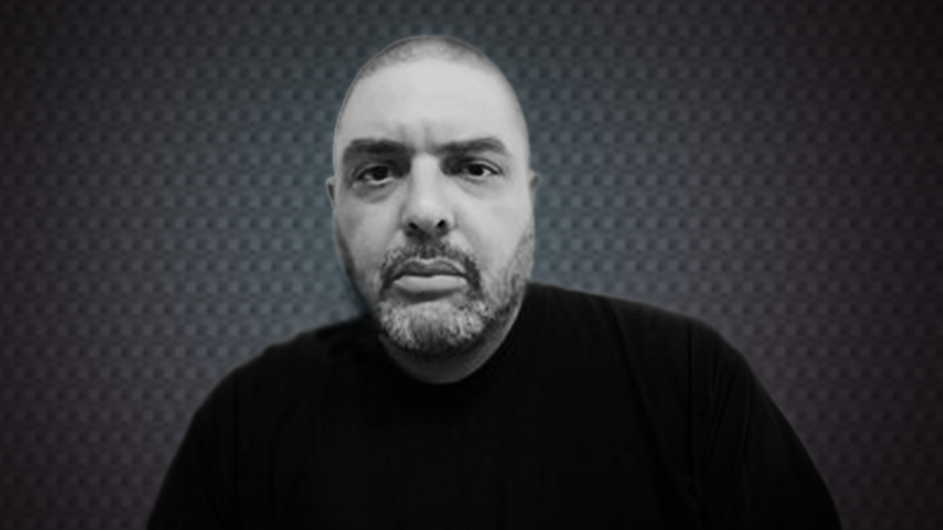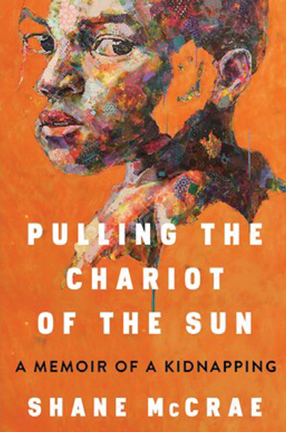A Poet Tells the Tale of His Own Kidnapping
When he was a child, Shane McCrae’s grandparents abducted him, as he recounts in his memoir.

In Pulling the Chariot of the Sun, Shane McCrae, a writing professor at the School of the Arts, tells the story of how his grandparents kidnapped him and took him to suburban Texas when he was 3 years old. His mom was white and his dad was Black, and to hide his Blackness from him, his maternal grandparents stole him from his father. In the years that followed, they manipulated and controlled him, refusing to acknowledge his heritage—all the while believing they were doing what was best for him.
For their own safety and to ensure that the kidnapping remained a success, McCrae’s grandparents never told him the truth—so he was raised, in effect, to participate in his own disappearance. But despite elaborate fabrications and unreliable memories, McCrae began to reconstruct his own story and to forge his own identity. Gradually, the truth unveiled itself, and with the truth, came a path to reuniting with his father and finding his own place in the world.
McCrae discusses his memoir with Columbia News, as well as what moves him most in a literary work, what he’s teaching this spring, and who he would like to host at a dinner party.
Why did you write this book now?
Almost 20 years ago, I first thought about writing a memoir, and I actually physically started writing it almost 10 years ago. To some extent, then, I spent two decades writing the book, and probably I started writing it as my main project a few years ago, because so much pressure to do so had built up in my mind.

How did being a poet affect the writing of this memoir?
Possibly, most poets focus even more closely on each word—not just the meanings, but the sounds of each—than most prose writers do, and so, possibly, I wrote the book more slowly than I would have if I weren’t a poet. But since I had never written a book of prose before I wrote the memoir—and since I always have been, or have tried to be, a poet first—I can’t know for sure.
What do you read when you're working on a book? And what kind of reading do you avoid while writing?
I read the same books I would read otherwise, which is another way of saying I’m never not working on a book: Since most books of poetry are compilations of individual, shorter poems, as long as a poet who hopes to publish a book is writing or thinking about writing, that poet is working on a book.
What moves you most in a work of literature?
Evidence of the author’s attentiveness to language (musicality as well as close connections between rhythm and thought), beauty of phrasing, freshness of phrasing, suggestiveness rather than insistence.
What are you working on now?
Hopefully, poems.
What are you teaching in the spring semester?
A poetry thesis workshop and a seminar on reading and writing metrical poems.
You're hosting a dinner party. Which scholars/writers, dead or alive, would you invite, and why?
Geoffrey Hill, because he was one of the greatest poets and thinkers about poetry of the 20th century—perhaps the greatest—and seems also to have been funny and exciting to talk to. Jorie Graham, for exactly the same reasons that I would invite Geoffrey Hill, with the addition that I know she is funny and exciting to talk to. Rowan Williams, because he, too, is funny and exciting to talk to, and also one of the most brilliant thinkers about God I have ever encountered. Simone Weil, for almost exactly the same reasons that I would invite Rowan Williams, but I don’t know whether she was funny, and I never encountered her in person—only through books.